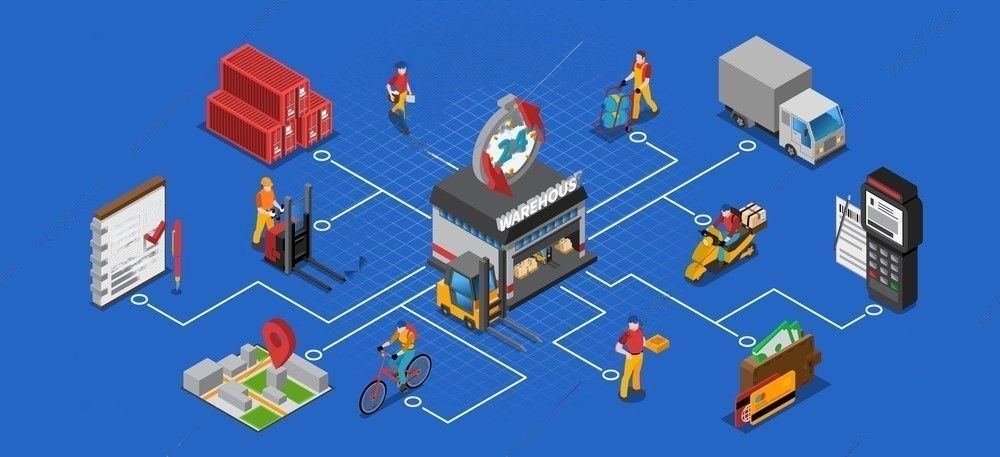CPU or Central Processing Unit is the most vital component of any smart device, it is the mind and heart of a machine put on a silicon wafer. There was a time when CPUs were the most ubiquitous component of a computer system. Its presence was overwhelming and fatter the unit looked, better and faster it was considered. CPU is the brain of the whole system, guzzling energy, crunching data and throwing results. Its shadow is large but knowledge on how and what it actually does to the data was low, the only idea a user had was about input and output. He only had an idea about the output (what he sees on screen) and input(what he punches on keyboard). The advent of smart devices having a screen with touch capability have left the users unaware of the process being handled in the background by a wafer-thin CPU.
The visibility of this component called CPU is fading and yet it is the most vital part. Similar changes are happening in WAREHOUSING.
There was a time when there was a retail outlet for sales of every product. It is was important for customers to visit these outlets to buy the product. There were multiple challenges to market development due to reluctant sellers who wanted to maintain limited stocks. The amount of investment was low by the retailers leading to non-experimentation. Their basic idea was to follow an established pattern, maintain the basic inventory of fast moving items and living on the same pattern for every generation.
An established retailer has tough challenges to face, for standing in the high competition market. Foremost is the high cost of operations and infrastructure, customer satisfaction and to consistently achieve growth.
The consumer had an almost similar paradigm. A consumer appreciates change, he wants to experiment and to move on to the next level.
Warehousing occupies the central role in the chain from producer to consumer. This is the Central Processing Unit of this process. New technologies have made this important part invisible to society. Instead of visiting the reluctant retailers, the consumer is getting a variety of products directly delivered to them from these warehouses to their home. As a warehouse does not have any challenge of storage, it can maintain a wide variety of SKUs for people to buy without having to visit the retailers having limited stock & variety. Also, the costs get dramatically low due to less handling, transportation and margin reduction as the goods are directly transferred from the warehouse.
E-commerce companies have created huge technology enabled warehouses, where goods are stocked and once consumers make a choice online they are shipped directly. As a result customer gets multiple options to choose from. Online retail giant, Amazon started using drones to transport goods and commodities directly from the warehouse to the consumer. The drones are programmed to take the goods directly to the house without the use of a pilot supporting the flight. This shows their ability to grow as they have competition started to build at par.
The transformation is happening slowly and gradually. The most invisible part of the supply chain – a warehouse akin to a CPU sitting inside a smartphone is leading this revolution. Both of them make no noise and are invisible to their users. Even then the revolution in consumerism is led from the front by the warehousing.










